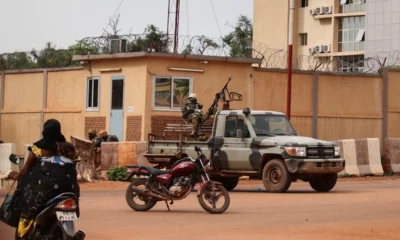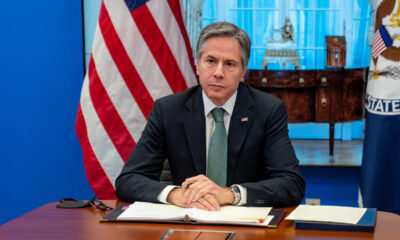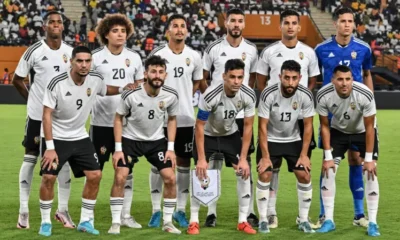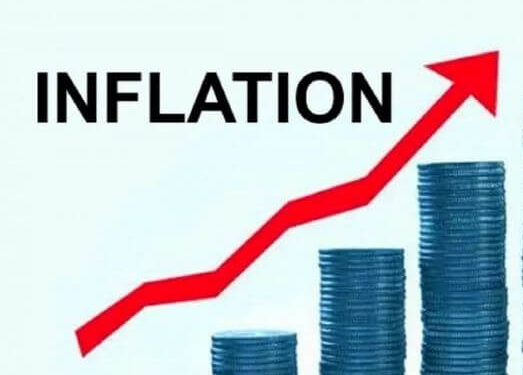Saboteurs attacked oil installations belonging to Libya’s National Oil Company (NOC) on Sunday forcing the suspension of oil production from two major fields.
The Chairman of the Board of Directors of the NOC in a statement issued in Tripoli on Sunday, said the company is forced to “declare the state of force majeure in line with standard practice in the oil industry”.
The illicit closure of crude pumping valves from the Al-Sharara and Al-Feel fields puts offline 330,000 barrels per day and leads to a daily loss to the public of more than 160 million Libyan dinars.
“We have been informed that a group of suspicious gangs led by Mohammed Al-Bashir Al-Garj shut down the pumping valves of crude thus making it impossible to fulfil our commitments regarding refined products in the oil market”.
The Chairman added: “Who benefits from these closures which come after the price jump that exceeded $100 per barrel? The same gang closed these valves between 2014 and 2016 which coincided with a similar price boom. Suspicious links and indications strongly suggest that the closures are driven by hidden hands aiming to drag the country into chaos.
Libya’s first productive oil well was struck in 1959 at Amal and Zelten, now known as Nasser. The country began exporting oil in 1961.
Oil sector’s infrastructure has been subjected to illegal attacks, including the disruption of production lines and the destruction of surface equipment in full view of all.
Apart from petroleum, Libya’s other natural resources are natural gas and gypsum. Its economy depends primarily on the oil sector, which represents about 69 per cent of export earnings. Moreover, the oil and gas sector accounts for about 60 per cent of total GDP. Substantial revenues from the energy sector, coupled with a small population, give Libya one of the highest per capita GDPs in Africa.
The NOC also revealed that it has made an official report of the attack to the Public Prosecutor’s Office to take deterrent and targeted measures to identify the planners, executors and beneficiaries behind this criminal act of theft and sabotage”.
In a related context, the statement also said: “The challenge of closing was not the most difficult or dangerous for the stability of the oil sector and will end, God willing. But it is all the more painful for Libyans that the parties to sedition hampered production at the time of a global price boom. The next steps must be firm and governed by the criminal legal standard and must be criminally prosecuted by the public prosecutor”


 Politics2 days ago
Politics2 days ago
 Musings From Abroad2 days ago
Musings From Abroad2 days ago
 VenturesNow2 days ago
VenturesNow2 days ago
 VenturesNow2 days ago
VenturesNow2 days ago


























